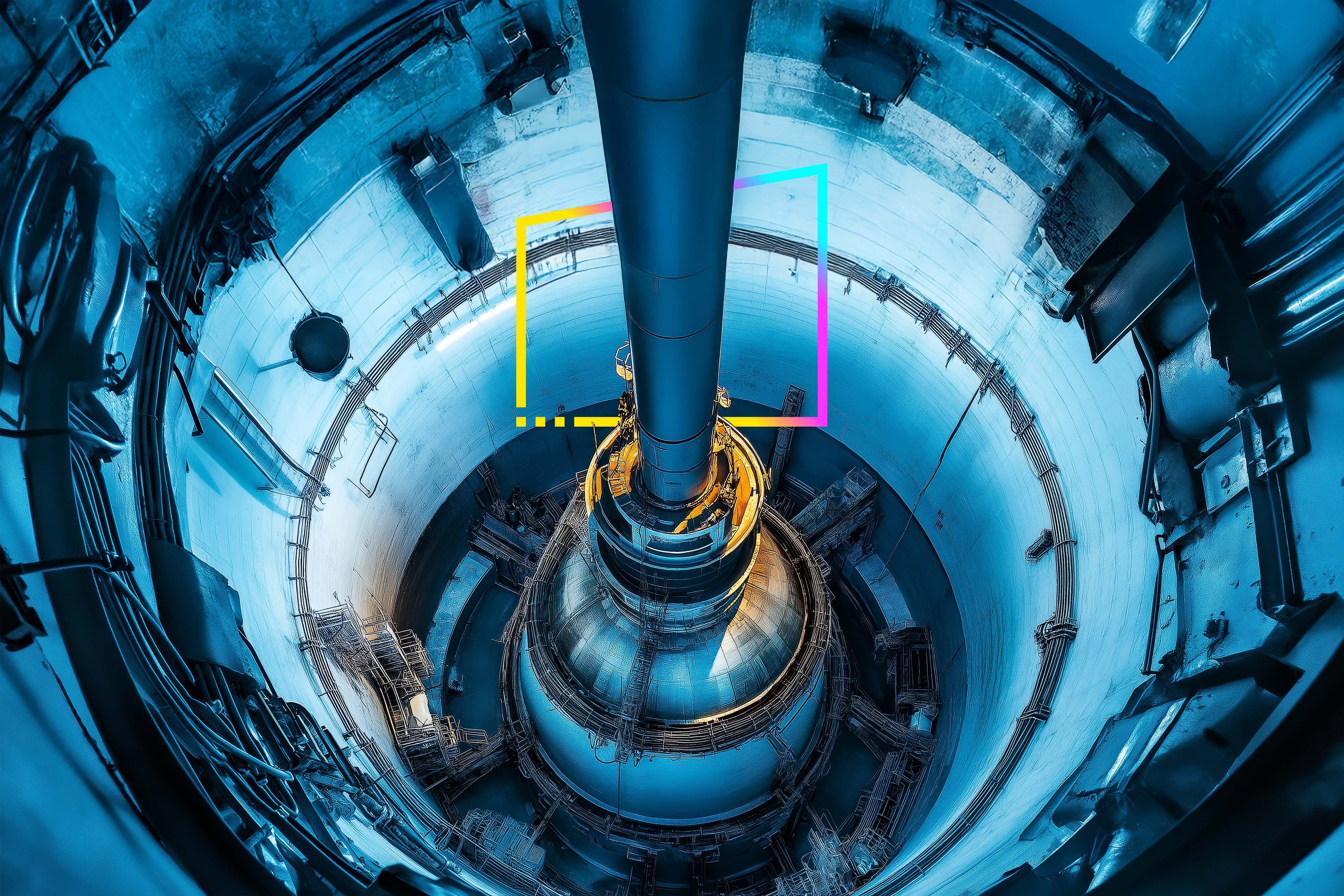EY refers to the global organization, and may refer to one or more, of the member firms of Ernst & Young Global Limited, each of which is a separate legal entity. Ernst & Young Global Limited, a UK company limited by guarantee, does not provide services to clients.
SC holds supplier’s invoice and payment proof is not sufficient to claim ITC
This tax alert summarizes a recent ruling[1] of the Supreme Court (SC). The issue relates to eligibility of input tax credit (ITC) under Karnataka Value Added Tax Act, 2003 (KVAT Act).
The taxpayer purchased goods and claimed ITC on such purchases. Revenue disallowed the same on the ground that selling dealers have either got their registration cancelled or have filed ‘NIL’ returns.
While First Appellate Authority denied ITC, the Tribunal as well as High Court allowed ITC. Aggrieved, Revenue preferred an appeal before SC.
The Apex Court observed that:
- As per section 70 of KVAT Act, the burden of proving that ITC claim is correct lies upon the purchasing dealer. Mere claim of the purchasing dealer that he is a bona fide purchaser, is not enough and sufficient.
- Production of invoices or payment made by cheques is also not enough and cannot be said to be discharging the burden of proof cast u/s 70.
- The purchasing dealer has to prove the actual transaction by furnishing the name and address of the selling dealer, details of the vehicle which has delivered the goods, payment of freight charges, acknowledgement of taking delivery of goods, tax invoices, payment particulars etc.
- For claiming ITC, genuineness of the transaction and actual physical movement of the goods are sine qua non. The purchasing dealer has not produced any further supporting material to discharge the burden of proof.
- In absence of any further cogent material to prove the genuineness of transaction and actual physical movement, Revenue was justified in denying ITC.
Comments
It is relevant to note that section 155 of Central Goods and Services Tax Act, 2017 casts similar burden of proof on the recipient claiming input tax credit.
Further, GST law also mandates receipt of goods or services as a pre-condition to claim ITC.
Taxpayers may need to re-evaluate their documentation policy for proving the genuineness of the transaction basis the observations of the Apex Court.


